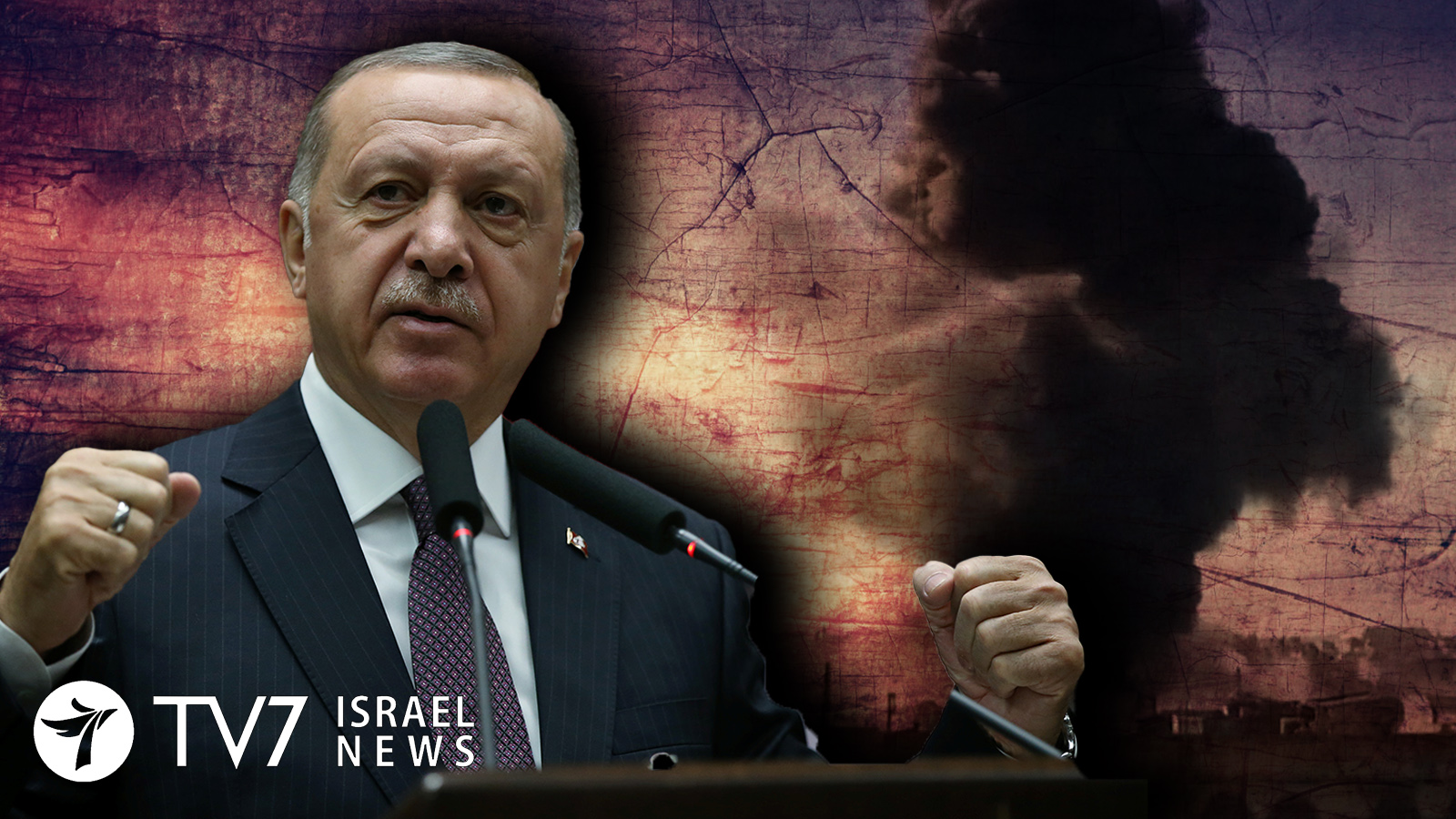Following days of mounting tensions, intense battles erupted when the Turkish military launched a cross-border offensive inside Syria’s northwestern Idlib region.
Turkish artillery provided cover fire for a coordinated blitz by Jihadist militants to conquer the town of Nayrab, which had recently been recaptured by Syrian regime forces, among other strategic locations.
Turkish commando units supported the ground operation, according to local sources. When the Syrian army, fighting alongside Iranian-backed militants, was faltering against the Turkish-led offensive in two areas of Idlib province, Russian fighter-jets conducted heavy bombardments against the advancing militants. The reinforcement then allowed Syrian troops to mount a successful counterattack to immediately regain lost territories.
In tandem with the ground offensive Turkish diplomats described as “limited,” Ankara also conducted wide-scale bombardment on regime positions around the city of Idlib. The Turkish Defense Ministry claimed that more than 50 Syrian soldiers were killed during the battle. The officials said the attack was carried out in retaliation for the deaths of two Turkish soldiers and injury to five others in earlier airstrikes, for which responsibility of execution by either Syria or Russia has yet to be ascertained. Russia’s Defense Ministry disputed the Turkish casualty numbers, insisting that only four Syrian soldiers were injured in the shelling attack and there were no fatalities.
Turkey’s “limited cross-border incursion” is ongoing as of this publication. According to intelligence officials who briefed TV7, the ultimate goal of the current operation is groundwork for a wider offensive threatened by Turkish President Recep Tayyip Erdogan if the Syrian army refuses to fully withdraw from the Idlib Province by the end of February.
In line with these objectives, the Turkish army and its militant allies set out to recapture the town of Nayrab and the strategic M4 highway, while breaking through the reported encirclement of five Turkish military observation posts on the outskirts of Saraqeb.
Regardless of his country’s military action, Turkisk Foreign Minister Mevlut Cavusoglu revealed that some progress was made in talks between Russian and Turkish negotiators. “There has been some rapprochement during these meetings, but we are not at the desired level yet,” said Ankara’s top diplomat. He then disclosed that not only will the negotiations in Moscow continue, but it was also possible President Erdogan would discuss the matter personally with his Russian counterpart Vladimir Putin over the telephone.
In the United States, Pentagon Spokesman Jonathan Hoffman highlighted that Washington’s policy vis-à-vis “Syria has not changed, and that is that there needs to be a political settlement in Syria that will be for the best interests of the Syrian people.” Hoffman also assigned blame for the current escalation on Damascus, saying “We’ve seen [Syrian President Bashar al-] Assad continue to attack his own people. We’re seeing that expand into Idlib,” further pointed to the fact that the latest developments in Syria’s Idlib region have brought about increased prospects of “a more extensive conflict” between Russia and Turkey.
Separately, it has also been revealed, that Turkey had informed NATO of its planned offensive and has requested for the alliance to enforce a no-fly zone over the region ahead of its attack.
